Dhaka, July 28 (V7N) – The National Consensus Commission has unveiled the draft of the July National Charter 2025, a landmark document aimed at reshaping Bangladesh’s state structure following the student-led mass uprising of July-August 2024. The draft outlines sweeping legal and institutional reforms in areas such as the constitution, judiciary, electoral system, public administration, police, and anti-corruption bodies.
This initiative, led by Interim Government Chief Advisor Professor Dr. Muhammad Yunus, is part of a broader effort to rebuild democratic institutions and establish a corruption-free, accountable governance system.
According to Ali Riaz, Vice-Chairman of the Consensus Commission, the draft was officially sent to political parties on Monday. It is based on extensive consultations and dialogues held with various political parties and alliances in the months following the uprising.
A Historic Opportunity for Reform
The Charter begins by reflecting on Bangladesh’s failure to fully realize the democratic aspirations born from the 1971 Liberation War. It highlights the erosion of democratic institutions, especially under the Awami League government since 2009, which the document accuses of autocratic rule, constitutional manipulation, widespread corruption, and gross human rights violations.
The mass uprising in mid-2024, according to the draft, emerged as a decisive turning point. Over 1,400 unarmed civilians, including children and women, reportedly lost their lives during the protests, with tens of thousands more injured. The movement, led primarily by students, ultimately forced the collapse of the former regime and created an unprecedented demand for systemic reform.
Reform Commissions and National Consensus
Following the change in political climate, the interim government formed six reform commissions on October 7, 2024, focusing on constitutional, electoral, judicial, public administration, police, and anti-corruption reforms. By January 31, 2025, all commissions had submitted their recommendations.
To consolidate these efforts, the National Consensus Commission was established on February 12, 2025, tasked with building consensus among political parties. From March to May 2025, the commission held 44 meetings with 32 parties and alliances and received written input from 35 entities. The outcome of these discussions is the current draft of the July National Charter.
Key Commitments and Future Steps
While the section listing specific consensus issues is yet to be finalized, the Charter already includes strong commitments from signatories, including:
-
A pledge to fully implement the Charter within two years of forming the next elected government.
-
Promises to amend the constitution and laws as necessary to institutionalize the reforms.
-
Guarantees of legal and constitutional protection throughout the implementation process.
-
Recognition of the 2024 mass uprising in the constitution as a pivotal moment in Bangladesh’s democratic history.
Looking Ahead
The July National Charter 2025 is expected to become a foundational political document, signaling a new chapter in Bangladesh’s governance. Once finalized, it will serve as a binding agreement among participating political forces to pursue and uphold democratic values, rule of law, and accountability in the post-uprising era.
As the ongoing second phase of dialogue concludes, the full list of agreed reforms will be added to the Charter, paving the way for legislative and constitutional actions following the upcoming national elections.





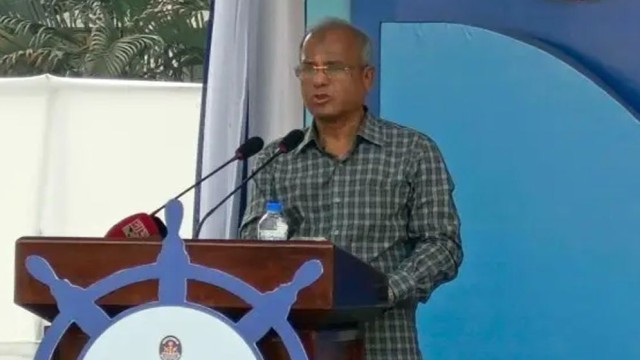
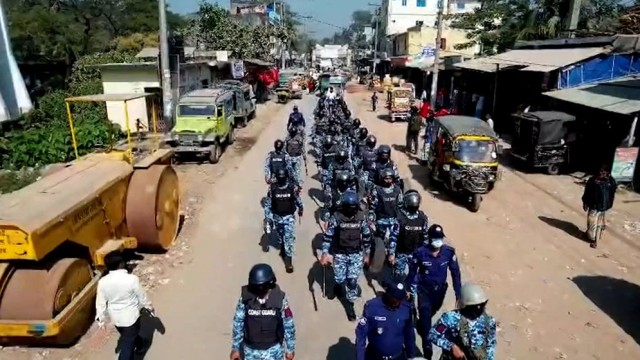

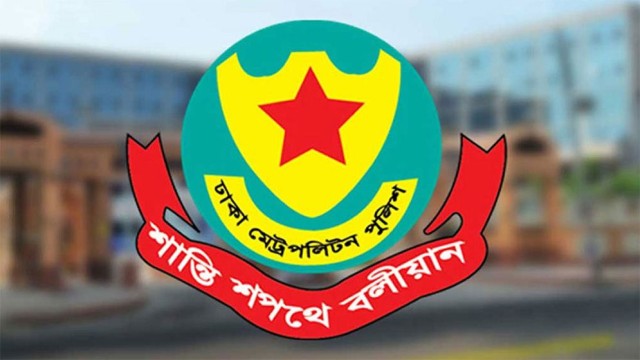
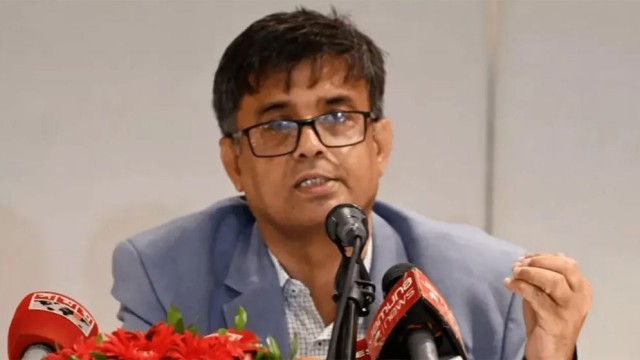
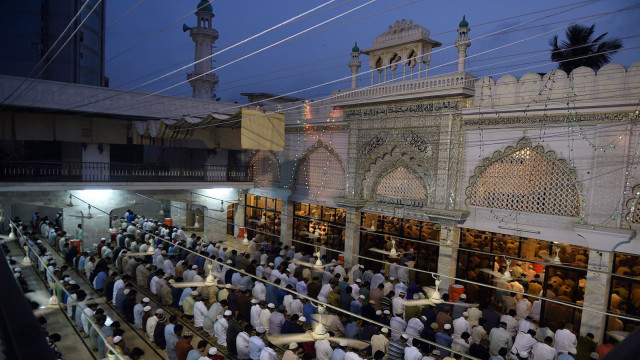






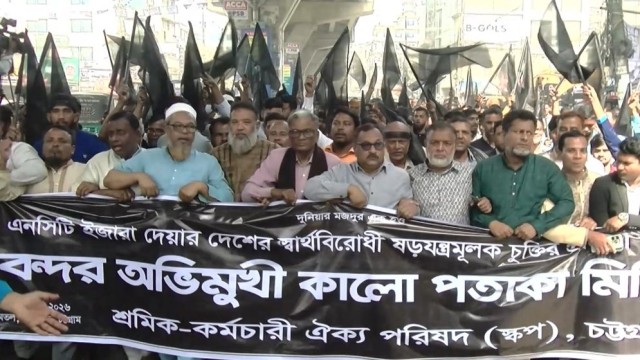
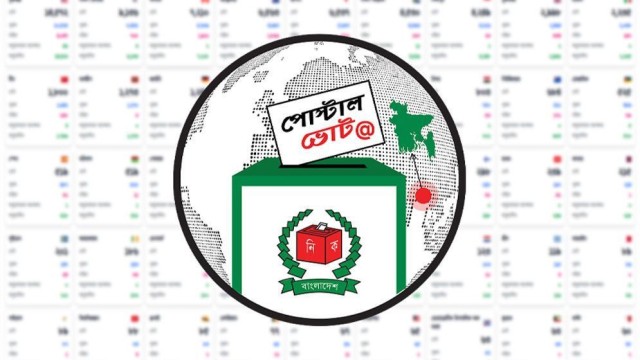
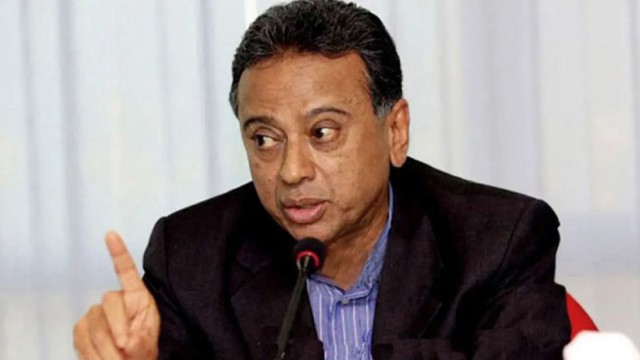









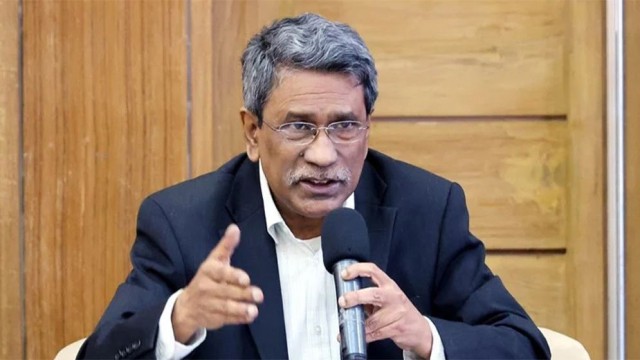
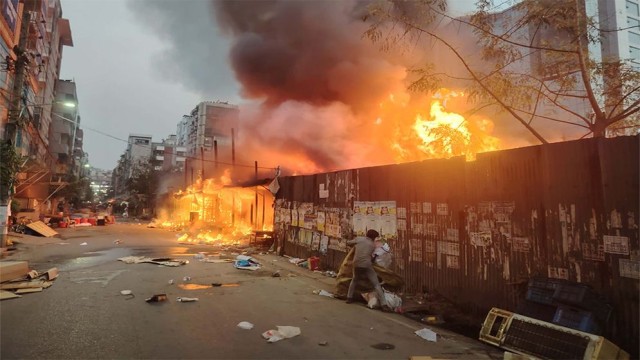
Comment: